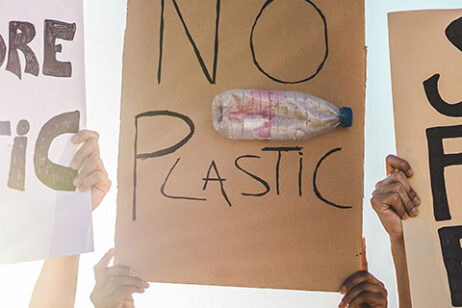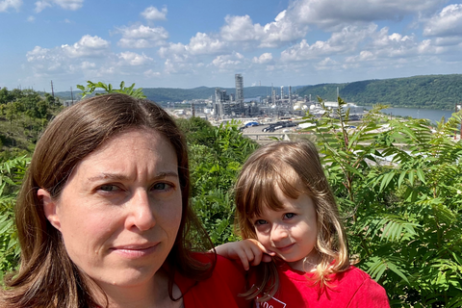WHAT WE’RE WORKING ON
The overproduction of plastics and other petrochemicals causes great harm to our health and to our climate. But we have a chance to address the harms of the plastics crisis on a worldwide scale. An intergovernmental committee organized by the UN is currently negotiating a Global Plastics Treaty—a first-of-its-kind international effort to cut plastic pollution at every point in the plastics supply chain.
Moms are calling on President Biden to negotiate an enforceable, legally binding treaty that ends plastics pollution of our air and water at every stage in the supply chain; prioritizes public health, human rights, and environmental justice; safeguards historically marginalized populations living near petrochemical infrastructure; and prioritizes a reduction in plastics production.
RELATED RESOURCES
WHY WE CARE
Plastics are made of fossil fuels combined with PFAS, phthalates, heavy metals, and other toxic chemicals. They are the biggest category of “petrochemicals.” Plastics are everywhere, and plastics production is expected to triple over the next 40 years. Many plastics are used for mere minutes, but their impact can leave a mark for centuries to come. Plastics are piling up in our landfills and oceans, incinerators are turning waste plastics into toxic air pollutants, and consumer products are leaching chemicals into our bodies. Moreover, the creation of plastics will contribute up to 19% of global climate pollution by 2040.
HEALTH IMPACTS
Chemicals in plastics have been linked to a range of health issues, including neurodevelopmental disorders, asthma, allergies, reproductive harm, endocrine disruption, and cancer. Burning plastics releases chemicals known to cause cancer, birth defects, and other serious health harms. These include benzene, cadmium, dioxins, arsenic, lead, polycyclic aromatic hydrocarbons (PAHs), and mercury.
Plastics production is expected to triple
over the next 40 years.
ENVIRONMENTAL JUSTICE
Plastics are produced in some of the nation’s most underserved communities, blanketing neighborhoods in carcinogenic air pollution. Systemic racism has created practices that force people of color to live closer to industrial facilities and often in neighborhoods already overburdened by industrial air pollution. While air pollution is a threat to everyone, the impacts are not felt equally. For example, Black communities with greater exposure to air pollution have higher than average childhood asthma rates, and Black children have a 500% higher mortality rate from asthma than white kids.
BACK STORY
Moms Clean Air Force’s work on plastics and petrochemicals is a natural extension of our 10-plus years fighting pollution from fracking and methane. Plastic is made from ethane, a fracking by-product, and petrochemical manufacturing facilities are often located near existing oil and gas operations. In 2021 and again in 2023, we supported the Break Free From Plastic Pollution Act, the most comprehensive plan ever introduced in Congress to address the plastic pollution crisis, and we will continue to work with Congress on solutions that address the environmental injustices created by the buildout of petrochemical facilities in communities of color and low-income communities.
In April 2024, EPA finalized standards to cut pollution from more than 200 of the biggest, most toxic chemical manufacturing facilities in the country. During the comment period the previous spring, thousands of Moms Clean Air Force members submitted written comments to EPA, calling on the agency to strengthen the rule for the health of those living near production and processing facilities. Most petrochemical production facilities are located in Texas and Louisiana, but there are others in virtually every state, including a growing number in the Ohio River Valley.
Moms Clean Air Force also supports state-based efforts to cut pollution from petrochemical facilities. Our organizers in the Ohio River Valley are demanding that their elected officials and agencies show leadership in holding these facilities accountable.
More Articles and Resources

6 Tips From Moms' Staff to Cut Plastic From Your Daily Routine
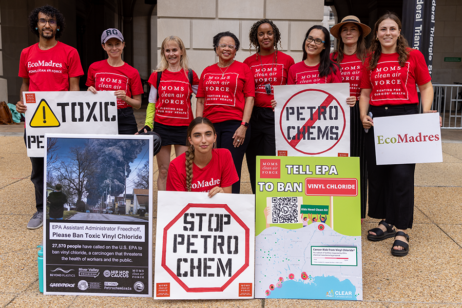
What’s in the Air: Too Much Plastic at Our Doctors’ Offices

Making the Invisible Visible: Blue Vinyl Filmmaker Judith Helfand on Storytelling and Advocacy

Ask Mom Detective: How Do I Break Up With Plastic?
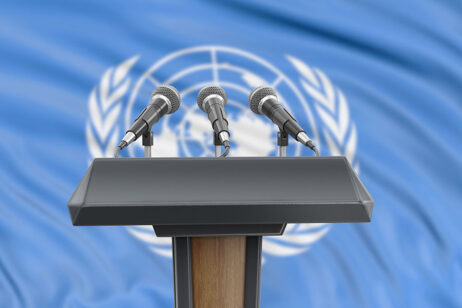
What to Look for as the UN Negotiates a Global Plastics Treaty

Historic New Protections Reduce Pollution From Dangerous Chemical Manufacturing Facilities
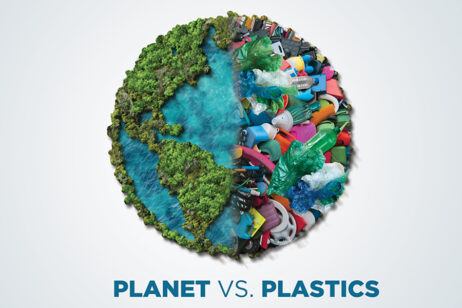
Why Earth Day’s Planet vs. Plastics Theme Is Spot On

Moms’ Dominique Browning on Plastics and Climate Change in the New York Times
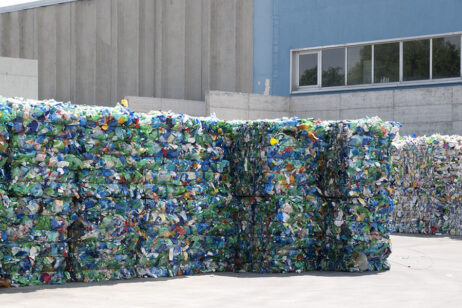
Recycling Plastics Doesn't Work
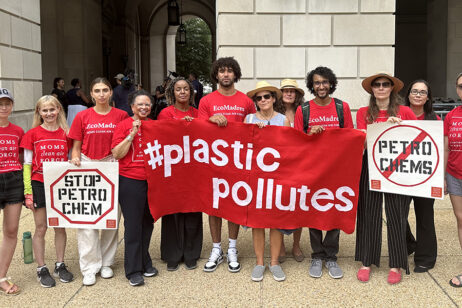
What’s in the Air: Plastic Scams

President Biden’s Visit to East Palestine Can Be a Turning Point for Petrochemical Protections

New York Lawmakers Poised to Dramatically Cut Plastic Packaging Waste
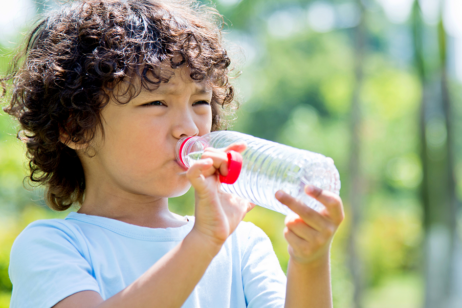
Plastics and Climate Change

What to Know About the Petrochemical Industry: Q&A
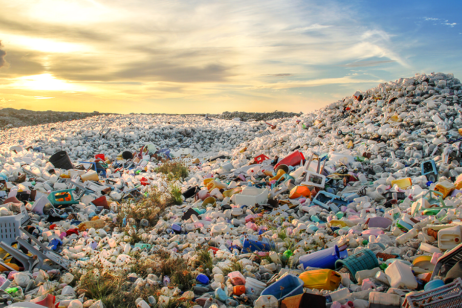
Petrochemical Pollution
and Our Health

Tips for Reducing Plastic Waste Over the Holidays
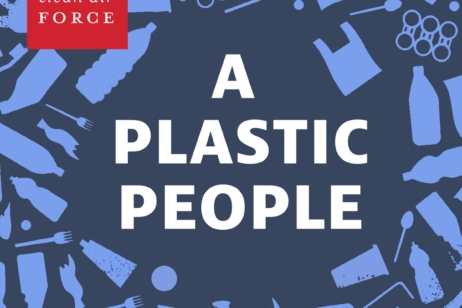
A Plastic People: Petrochemicals, Climate Change, and Our Health, Episode 5

A Plastic People: Petrochemicals, Climate Change, and Our Health, Episode 4

A Plastic People: Petrochemicals, Climate Change, and Our Health, Episode 3

A Plastic People: Petrochemicals, Climate Change, and Our Health, Episode 2

A Plastic People: Petrochemicals, Climate Change, and Our Health, Episode 1
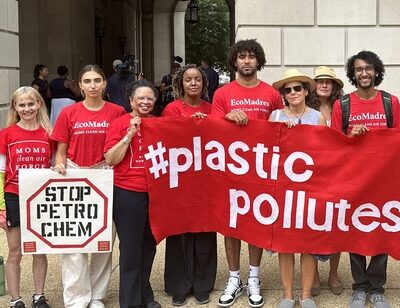
Letter to EPA About Draft National Strategy to Prevent Plastic Pollution, July 31, 2023
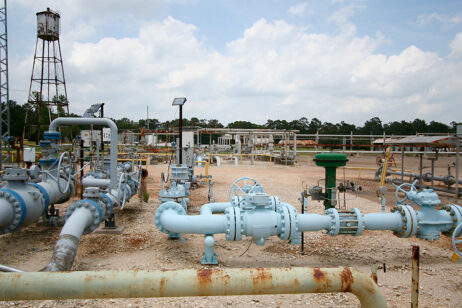
Letter to Department of Transportation Opposing Extension on Gas Pipeline Leak Detection & Repair Rule

Letter to President Biden: Global Plastics Treaty Negotiations, March 27, 2024
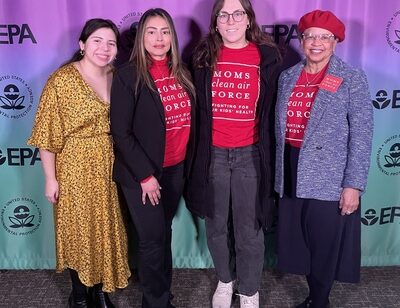
Testimony: Moms Clean Air Force, National Environmental Youth Advisory Council, March 2024

Testimony: Tracy Sabetta, EPA’s Proposed Standards for Synthetic Organic Chemical Plants and Polymers and Resins Plants, May 16, 2023

Testimony: Rachel Meyer, EPA’s Proposed Standards for Synthetic Organic Chemical Plants and Polymers and Resins Plants, May 16, 2023

Testimony: Brooke Petry, EPA’s Proposed Standards for Synthetic Organic Chemical Plants and Polymers and Resins Plants, May 16, 2023
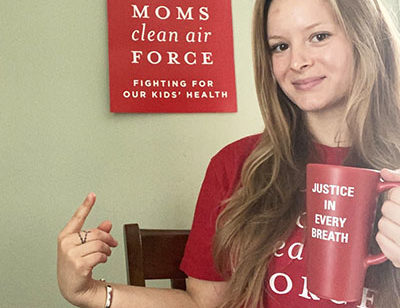
Testimony: Lucia Valentine, EPA’s Proposed Standards for Synthetic Organic Chemical Plants and Polymers and Resins Plants, May 16, 2023

Testimony: Erandi Treviño, EPA’s Proposed Standards for Synthetic Organic Chemical Plants and Polymers and Resins Plants, May 16, 2023

Testimony: Cynthia Palmer, EPA’s Proposed Standards for Synthetic Organic Chemical Plants and Polymers and Resins Plants, May 16, 2023

Plastics and Climate Change

What to Know About the Petrochemical Industry: Q&A

Petrochemical Pollution
and Our Health

6 Tips From Moms' Staff to Cut Plastic From Your Daily Routine

What’s in the Air: Too Much Plastic at Our Doctors’ Offices

Making the Invisible Visible: Blue Vinyl Filmmaker Judith Helfand on Storytelling and Advocacy

Advocating for Clean Air In and Outside the Home: Moms Make News

Ask Mom Detective: How Do I Break Up With Plastic?

What to Look for as the UN Negotiates a Global Plastics Treaty

Historic New Protections Reduce Pollution From Dangerous Chemical Manufacturing Facilities

Why Earth Day’s Planet vs. Plastics Theme Is Spot On






